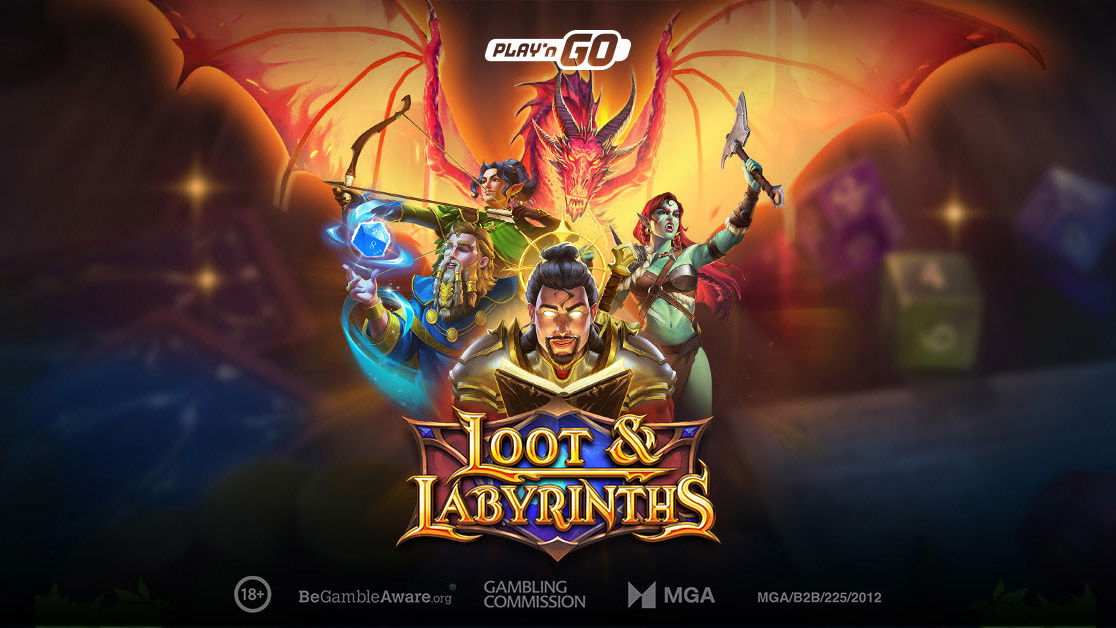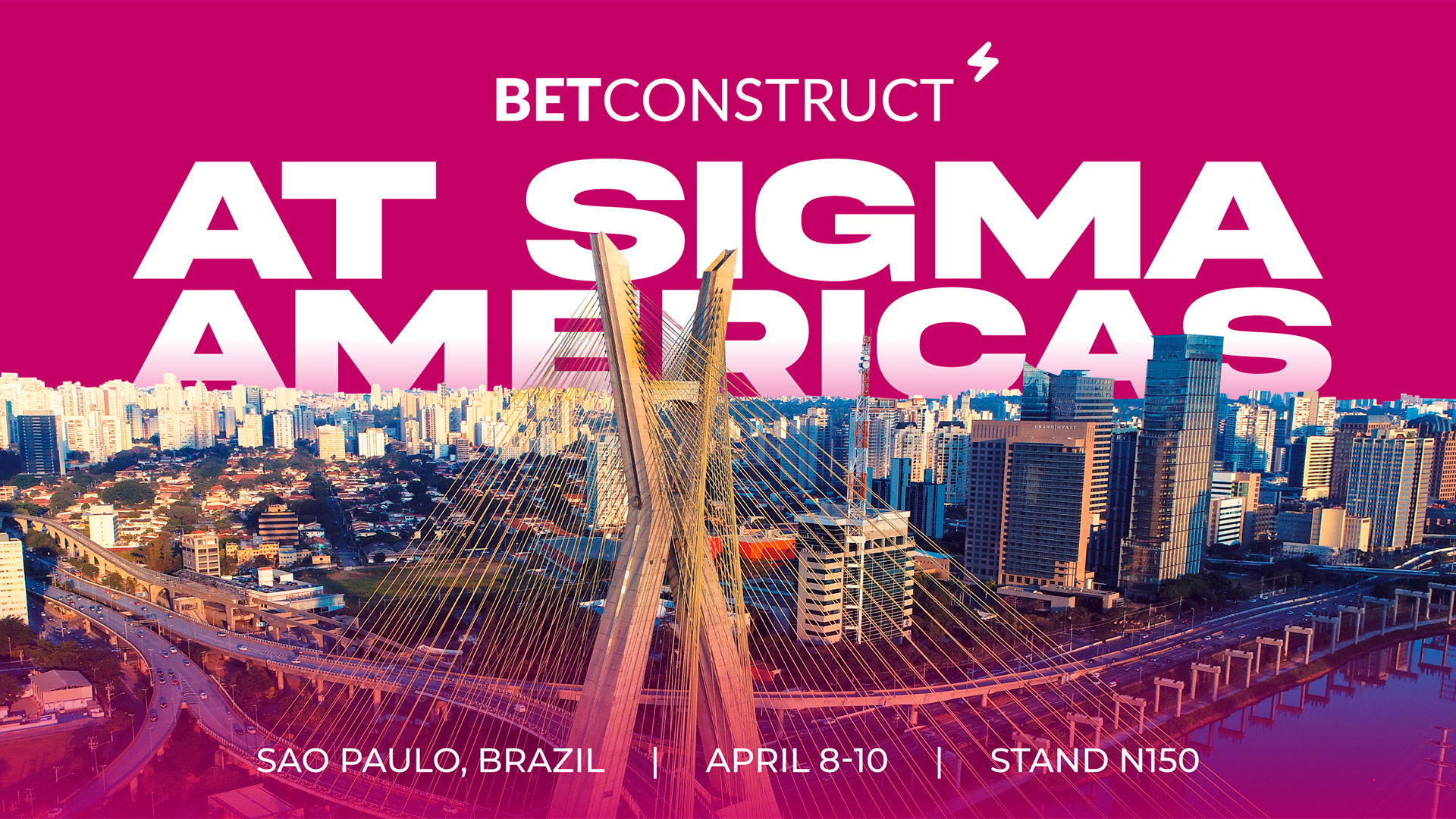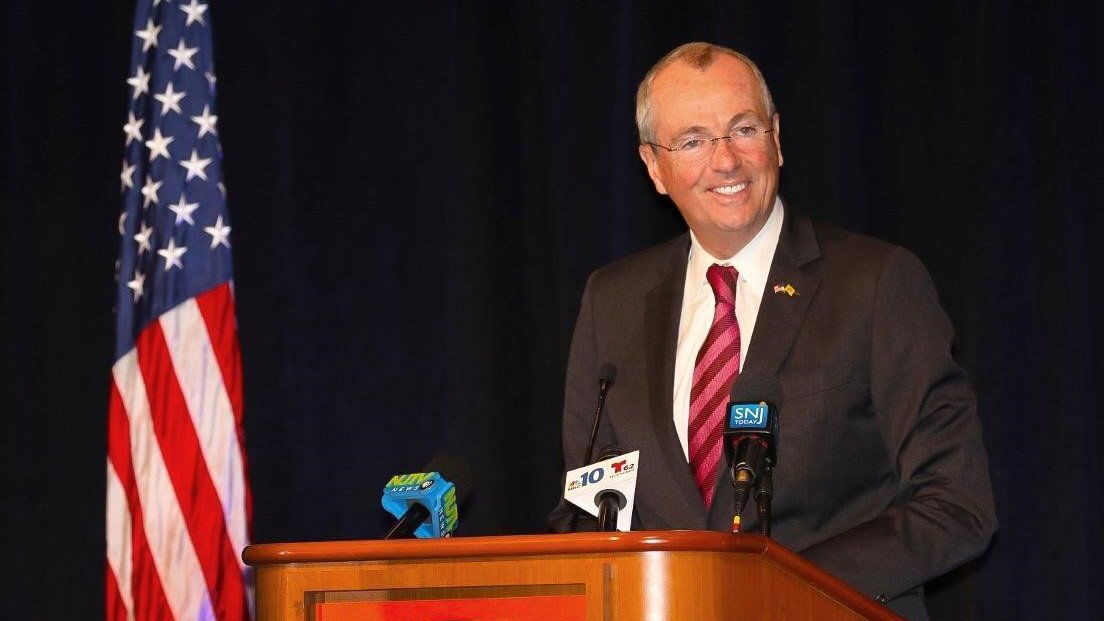Peru implements gradual tax increase for online gaming and sports betting

The Peruvian government has introduced a Selective Consumption Tax (ISC) on online gaming and sports betting, initially set at 0.3% until June 30, 2025, before increasing to 1% on July 1. The decision, signed by President Dina Boluarte and Minister of Economy and Finance José Arista Arbildo, was published in the Official Gazette on January 19.
The tax reform is part of broader regulations approved in December aimed at increasing tax revenue from the online gaming and sports betting sectors. While the original proposal suggested implementing the 1% rate immediately, opposition from operators citing technical challenges led the government to adopt a phased approach.
Operators argued that the higher rate would require up to eight months to adjust their platforms and obtain recertification from the Ministry of Foreign Trade and Tourism (MINCETUR).
The ISC will apply to transactions conducted by Peruvian citizens or residents using local IP addresses, bank accounts, credit cards, or SIM cards. Critics of the new framework, however, have expressed concerns that it could drive players to unregulated markets by reducing the competitiveness of licensed operators.
Apuesta Total CEO Gonzalo Pérez voiced opposition to the regulations, highlighting the industry’s challenges in meeting technical requirements such as certification from licensed laboratories. “There are going to be complex weeks for the industry, but the technical arguments support us,” Pérez stated, urging the government to consider the impact on expected revenues.
In addition to the ISC, Peru’s Congress had earlier approved a 10% tax on gross gaming revenues (GGR) for online casino gaming and sports betting, starting January 1, 2025.
The government has also increased the cost of online gambling licenses to 3 million sols (approximately $800,000) for both new and existing operators. MINCETUR, the regulatory body overseeing gambling, will monitor transactions to enforce compliance with the updated framework.

















































